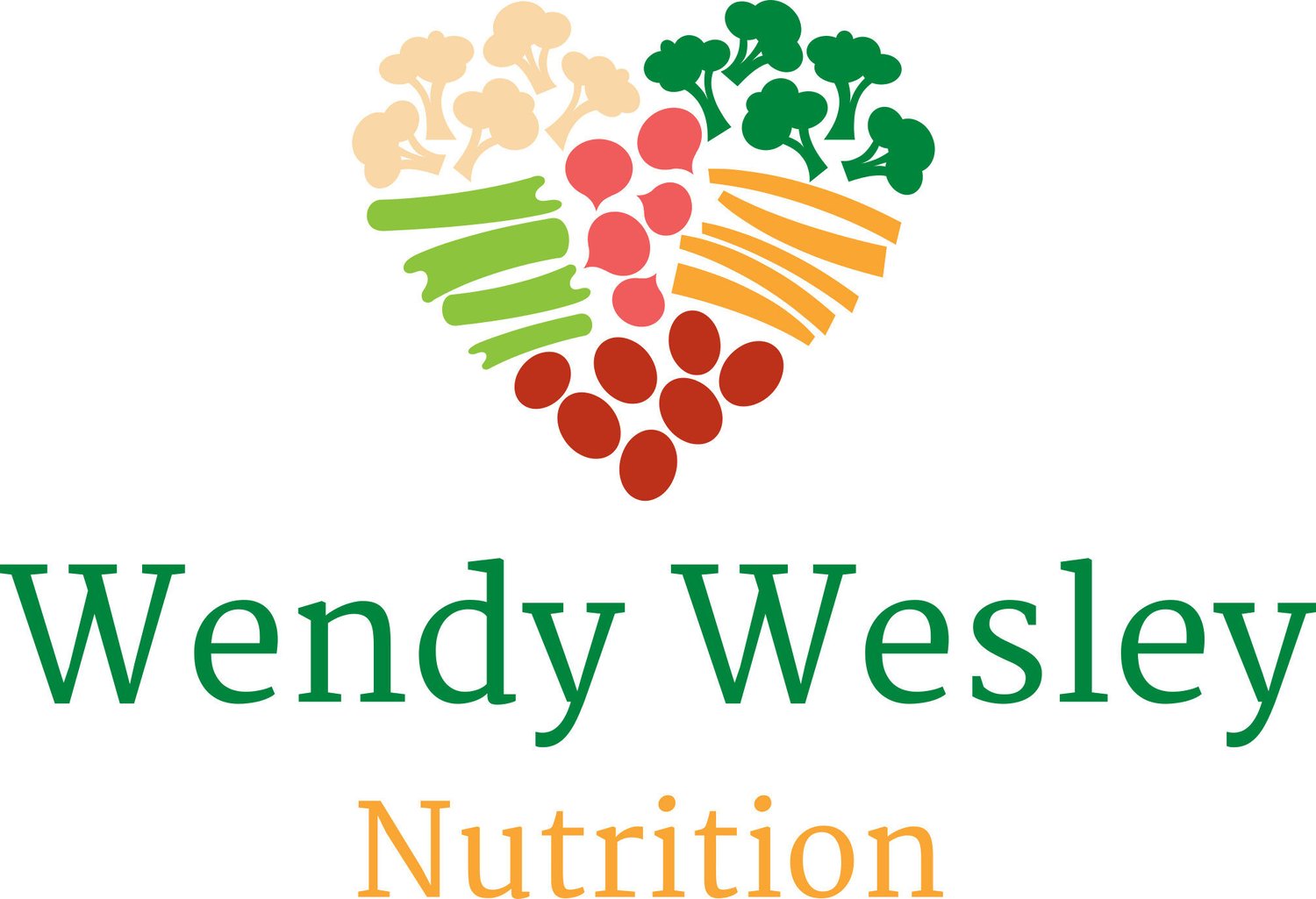Beth Hornbeck, MD, a St. Petersburg pediatrician, screens every 9-, 10- and 11-year old who comes through her practice for cholesterol, elevated blood glucose and fatty liver disease, as recommended by the American Pediatric Association.
Twenty percent of her patients, she estimates, have lab results outside normal limits and are at risk for metabolic disorder.
Hornbeck easily links food insecurity to diabetes, obesity, hypertension and elevated cholesterol in kids. Where income and access to nutritious foods are low, she states, metabolic disorders are disproportionately high.
When asked by patients and families what can be done, Hornbeck points to “MyPlate,” a program designed by the United States Department of Agriculture, which recommends half of every meal be comprised of fruits and vegetables.
But for families who reside on one of St. Petersburg’s two USDA-designated food deserts (low income and low access by census tract data), “MyPlate” is not a viable solution.
“In St. Petersburg we do not have food resources in the right places,” Hornbeck states. “It simply does not exist.”
Several studies link poor health outcomes to food insecurity in young people. Findings published in the Journal of General Internal Medicine found that young adults who were food insecure had a higher likelihood of self-reported poor health, obstructive airway disease, diabetes, extreme adiposity and hypertension compared with those who were food secure.
Another study by the same researchers, published in the Journal of Adolescent Health, showed increased odds of mental health problems, including diagnoses of anxiety, depression and suicidal ideation during the past year, as well as worse sleep outcomes among those who were food insecure.
Hornbeck supports the One Community Grocery Co-op as one solution to lack of access to affordable and nutrient-dense foods in south St. Petersburg. Owned by members, co-ops have proven track records of other cities of similar size and scope as St. Petersburg.
One Community is on track to meet its membership goals and move on to the next level of planning; however, support from the entire St. Petersburg community is required.
The underlying conditions that affect the health of young people are known as the Social Determinants of Health. They include air quality, public safety, education and access to healthcare and adequate nutrition.
The World Health Organization estimates that 80 percent of our health is determined by social factors. These factors are affected by social injustice, bad policies and the inequitable distribution of power and resources.
St. Petersburg is a booming, bustling and beautiful city for many of its residents. But many are marginalized and left out due to social, structural or economic disadvantages.
St. Petersburg is only as good as its poorest and sickest residents.
Article published here: https://stpetecatalyst.com/community-voices-health-outcomes-of-st-petersburgs-youth-are-determined-by-zip-code/

